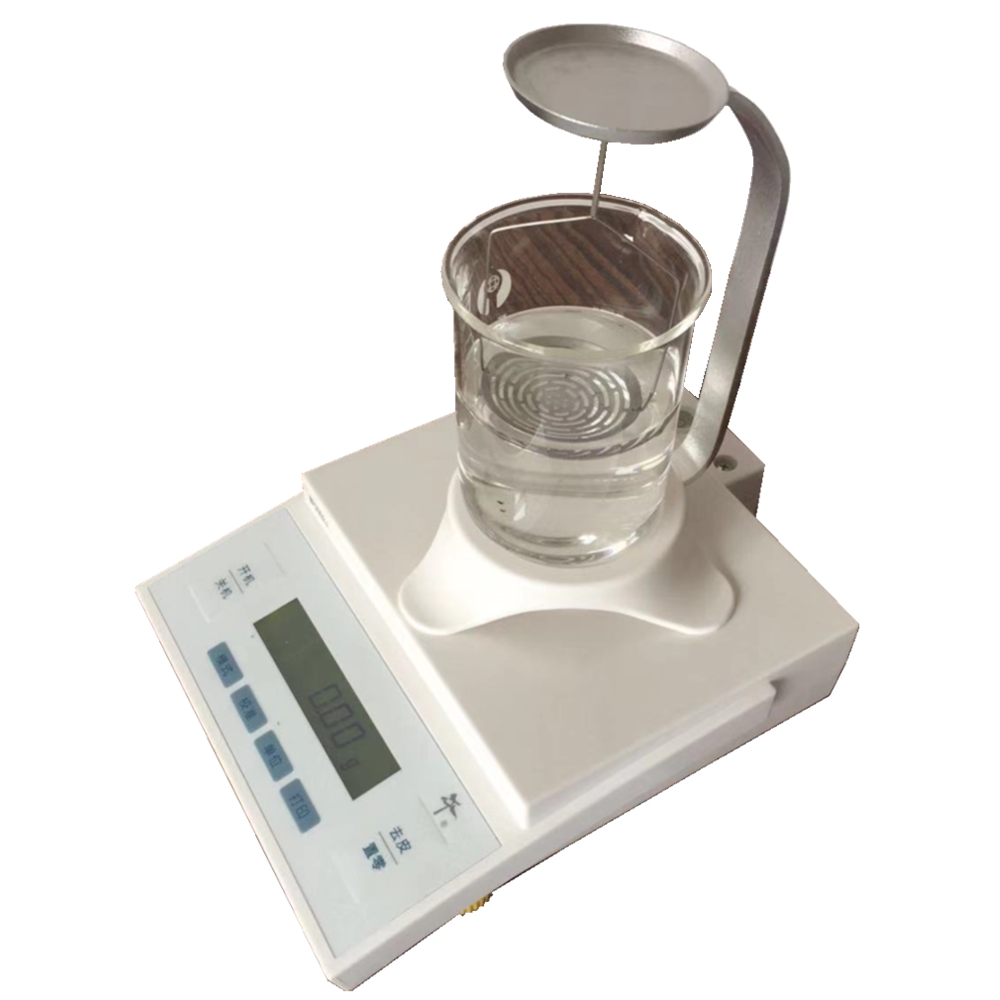high insulation resistance test equipment
High Insulation Resistance Test Equipment Ensuring Electrical Safety and Reliability
In today's world, electrical safety is of utmost importance across various industries, and one critical aspect of ensuring this safety is through high insulation resistance testing. This testing identifies the integrity of electrical insulation in equipment and systems, which is vital for preventing electrical failures, shorts, and potential hazards. High insulation resistance test equipment plays a crucial role in this process by providing accurate and reliable measurements.
Insulation resistance tests are typically performed on electrical installations, machines, and cables to assess their insulating properties. The tests generally involve applying a high voltage (often ranging from 250V to 5000V) through the insulation while measuring the resistance. The results indicate how well the insulation can withstand electrical stress without allowing current to leak through. A higher resistance value signifies healthier insulation, while a lower value suggests degradation, moisture intrusion, or potential points of failure.
High insulation resistance test equipment comes in various forms, tailored for specific applications and environments. One of the most common devices is the megohmmeter, which allows for testing insulation resistance to ascertain the condition of electrical systems. Megohmmeters are designed to provide high voltage outputs, enabling thorough testing of high-voltage equipment, motors, transformers, and cables. With user-friendly interfaces, modern megohmmeters often feature digital displays that present real-time data and can store results for later analysis.
high insulation resistance test equipment

When selecting high insulation resistance test equipment, several factors need to be considered. First, the testing voltage requirement should align with the insulation rating of the equipment under test. Additionally, portability may be important for field testing applications. Compact and battery-operated models are particularly advantageous for technicians who conduct tests in various locations.
Another critical feature to look for is data logging capabilities. Advanced insulation resistance testers can record and store measurements, facilitating trend analysis over time. This information is vital for predictive maintenance, allowing organizations to address potential issues before they progress into significant failures. Furthermore, many devices now support connectivity options, enabling seamless integration with computers or cloud services for enhanced data management and reporting.
Regular insulation resistance testing is an essential practice for industries such as manufacturing, utilities, and facility management. In addition to ensuring operational safety, it can help organizations comply with industry regulations and standards. Implementing a consistent testing schedule not only mitigates risks but also prolongs equipment life and enhances overall reliability.
In conclusion, high insulation resistance test equipment is indispensable for ensuring electrical safety and reliability in various sectors. By providing critical data on the condition of electrical insulation, these tools enable proactive maintenance strategies that protect assets, enhance safety, and improve operational efficiency. As technology advances, the development of more sophisticated testing equipment continues to drive improvements in electrical safety practices, making it an essential investment for any organization that relies on electrical systems.
-
Why the Conductor Resistance Constant Temperature Measurement Machine Redefines Precision
NewsJun.20,2025
-
Reliable Testing Starts Here: Why the High Insulation Resistance Measuring Instrument Is a Must-Have
NewsJun.20,2025
-
Flexible Cable Flexing Test Equipment: The Precision Standard for Cable Durability and Performance Testing
NewsJun.20,2025
-
Digital Measurement Projector: Precision Visualization for Modern Manufacturing
NewsJun.20,2025
-
Computer Control Electronic Tensile Tester: Precision and Power for the Modern Metal Industry
NewsJun.20,2025
-
Cable Spark Tester: Your Ultimate Insulation Assurance for Wire and Cable Testing
NewsJun.20,2025
 Copyright © 2025 Hebei Fangyuan Instrument & Equipment Co.,Ltd. All Rights Reserved. Sitemap | Privacy Policy
Copyright © 2025 Hebei Fangyuan Instrument & Equipment Co.,Ltd. All Rights Reserved. Sitemap | Privacy Policy
